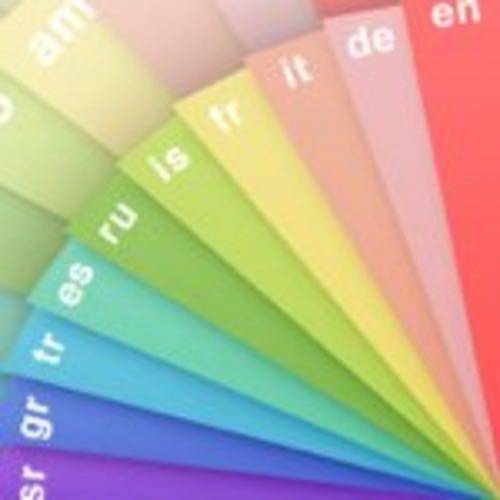From Summer of Code to core of the open source community, Transifex is a service to watch. Indifex, the company behind the Web-based collaborative translation platform has put up a major upgrade this week The Transifex upgrade adds paid plans for companies, new quality control tools, support for Ruby on Rails, iOS and Android apps.

Transifex started out as a Google Summer of Code project in 2007 by Dimitris Glezos to help make localization easier. From there, the project has grown into a core service for hundreds of open source projects like Django, GNOME, F-Spot, Firefox, Fedora and many others.
In a nutshell, Transifex serves as a Web-based hub for translations and boasts nearly 1,700 projects, 10,000 users and 271 languages. It makes it easy for contributors to submit translations in traditional formats, or translate strings directly on the site using the Web-based interface. Transifex makes it easy to see what has, and hasn’t, been translated. By reducing the barrier to contribution, translators can focus on doing the work and not mucking with source control systems.
What’s new in the latest update? First and foremost, Transifex now allows private and proprietary projects. For proprietary projects, there’s a free plan with a limit of two users and 2,000 words. Basic plans start at €30 per month for up to 10,000 words and five users, and €300 for 20 users and 50,000 words. Bigger projects will require an enterprise account, which requires a sales quote. Open source projects continue to enjoy unlimited free accounts. Why are they going after paid users? To raise money to hire more people to improve Transifex, and to add servers, etc. Basically to keep the lights on and help the service grow.
At its inception, Transifex supported just Gettext file format for translations, but it now handles Android, Apple strings, Java property files, PHP arrays, Qt Linguist, XHTML and others for a total of 13 localization formats.
Transifex now offers Translation Memory, which displays past translations and shows them to users when similar text appears. This means that when you’re translating, say Firefox 8, you might be shown similar text from Firefox 6 or 7 which could cut down on translation time. It also means that translations have the potential to be more consistent between releases – instead of re-translating from scratch each time.
Translations and localization is often overlooked. However, it’s an important part of software development and deployment – and this is an area where a startup like Indifex could do very well. Keep an eye on this group, I think they’re destined for big (well, bigger) things.

















